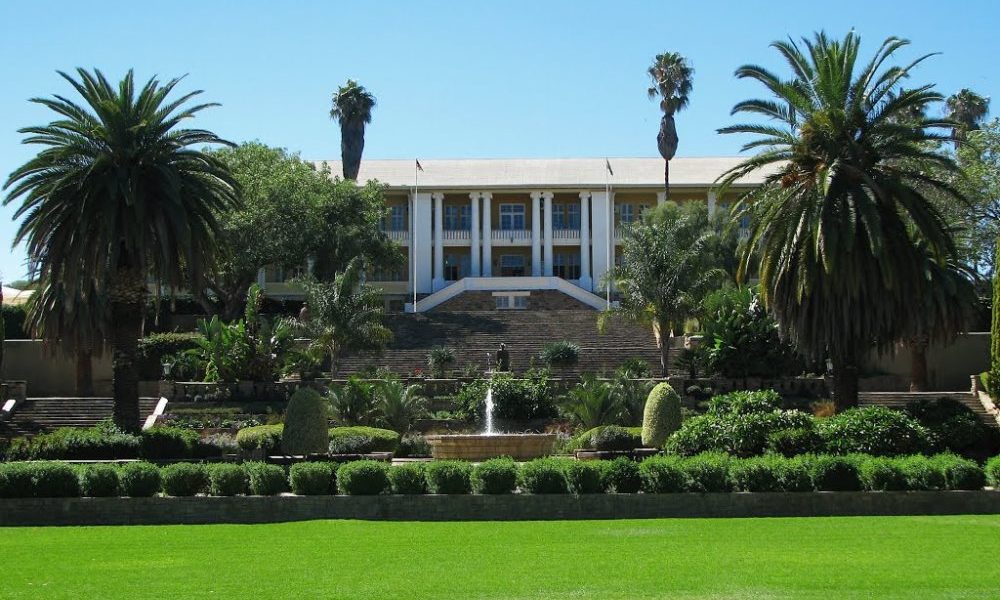
- July 2, 2022
- |Civil Law, Practice, And Procedure, Concise Law Reports (CLR)
CIVIL PRACTICE – PRESCRIPTION OF CLAIMS AGAINST THE POLICE IN TERMS OF POLICE ACT, 1990
The plaintiff instituted action against the first three defendants on 26 September 2019, and later joined the fourth defendant, for payment in the amount of N$ 2 834 000 plus interest based on allegations that he was, on 28 September 2018 at Windhoek Central Police Station, subjected to torture, cruel, inhumane and degrading treatment, by peace officers in the employee of the City and Namibian Police respectively. The claim was defended, and among other things, the first and second defendants raided a point in limine that the plaintiff failed to comply with the provisions of section 39 of the Police Act, 1990 and that the plaintiff’s claim against the first and second defendants has prescribed. In terms of the case management procedures, the parties asked the court to determine the special plea of prescription first before the merits of the case were heard.
UEITELE J had to consider whether the plaintiff’s claim against the first and second defendants prescribed, and in doing so, discussed section 39(1) of the Police Act which requires any civil proceedings against the state or any person for anything done in pursuance of the Act to be instated within 12 months after the cause of action arose and a notice of such proceedings to be given not less than one month before institution, unless waived by the minister.
The Supreme Court held in Minister of Home Affairs v Majiedt and Others (2) NR 475 (SC) that the 12-month limitation period and the requirement of 30 days prior notice before commencement of proceedings contained in s 39(1) of the Police Act are connected to a legitimate governmental purpose of regulating claims against the state in a way that promotes speed, prompt investigation of surrounding circumstances, and settlement.
On an invitation by counsel for the plaintiff to exercise the court’s constitutional and common law powers to, in all cases of time limitations, grant condonation where the principles of justice and fair play demand it to avoid hardship and where the reasons for strict non-compliance with such time limits have been explained to the satisfaction of the court, the learned Judge declined such invitation because:
- The exercise of power must be authorized by law (RDP v ECN 2010 (2) NR 487 (SC)) – principle of legality.
- The must be a justification to deviate from the cardinal rule of interpretation (as found by the Supreme Court in Torbitt).
- There must be primary facts a claimant has to advance in order to escape any legislative time bar limitation ( as stated by the full bench of the High Court in Amadhila v GRN).
The plaintiff instituted action upon giving only 25 days’ notice instead of the prescribed 30 days and The summons were served more than 12 months had elapsed. In the result, the court found that the provisions of section 39 (1) are peremptory and non-compliance therewith was fatal to the plaintiff’s claim, and the special plea was upheld.
Benyamen v GRN and 3 Others NAHCMD 22 July 2022